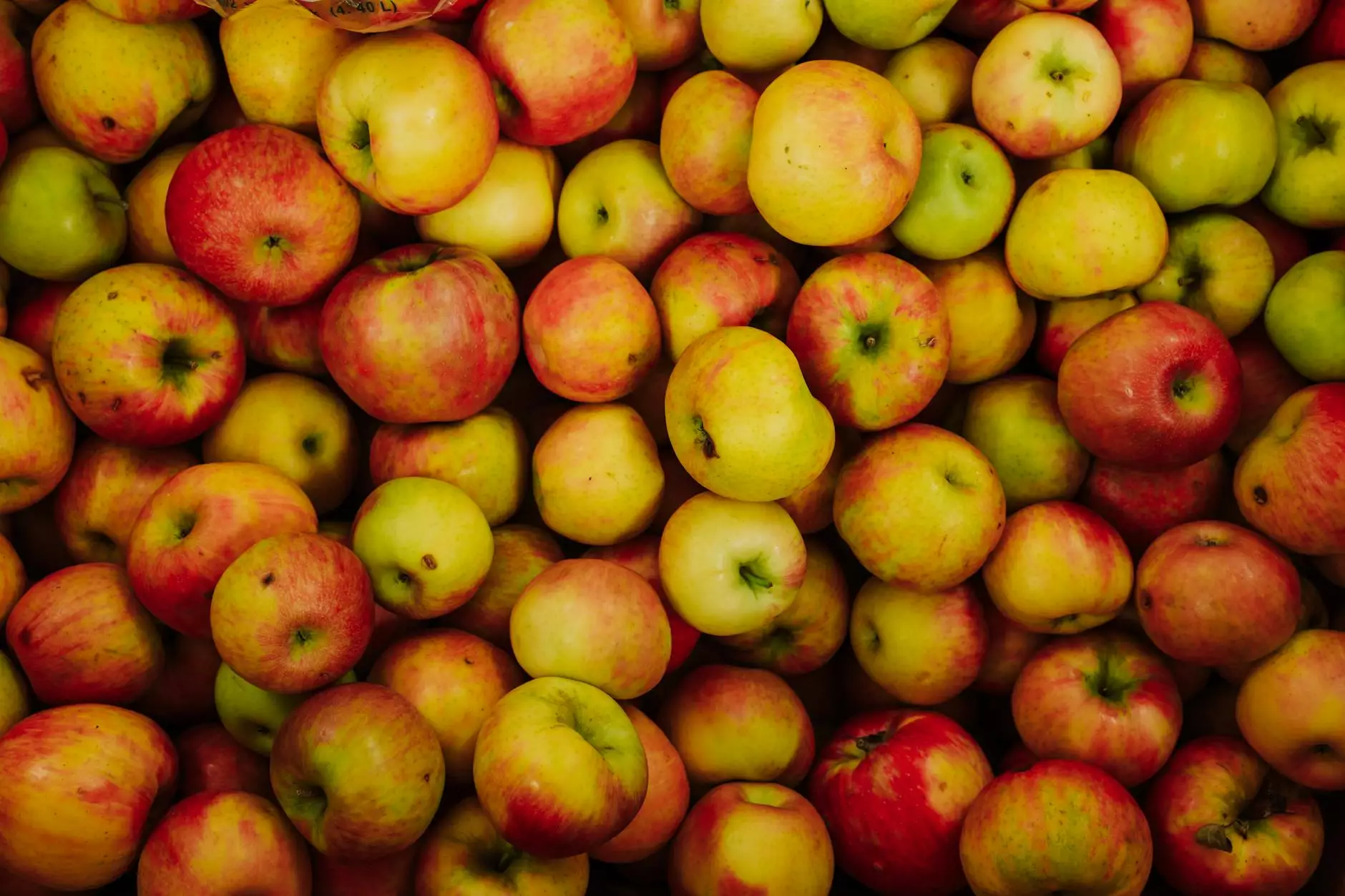Ultimate Guide to Baby Food: Nutritional Insights and Choices

The world of baby food is vast and essential for the healthy development of your little one. It encompasses a variety of options tailored to meet the nutritional needs of infants and toddlers. This comprehensive guide will explore everything you need to know about baby food, from its types to the benefits of various ingredients, as well as tips for choosing the best products on the market. Whether you are a new parent or looking to refresh your knowledge, this article serves as a valuable resource.
Understanding Baby Food: A Nutritional Overview
When discussing baby food, it’s crucial to understand its significance to your child’s health. The transition from milk to solid foods marks a vital phase in a child's development. Baby food is designed to provide essential vitamins and minerals necessary for growth. A well-formulated baby food will contribute to the following:
- Balanced Nutrition: Incorporating various food groups ensures your baby receives a balanced diet.
- Healthy Growth: Nutritional content in baby foods supports physical and cognitive development.
- Allergy Awareness: Specialty baby foods can help identify potential allergies during the early stages.
Types of Baby Food: A Diverse Selection
Baby food can be categorized in several ways, and understanding these can help make informed choices that suit your child’s needs:
1. Purees
The most common form of baby food is purees, which are smooth and uniform. They are typically made from fruits, vegetables, and meats, providing essential nutrients while allowing babies to transition from liquid to solid food:
- Fruits: Apples, bananas, peaches, and avocados are popular choices.
- Vegetables: Carrots, peas, sweet potatoes, and butternut squash.
- Meats: Chicken, turkey, and beef purees introduced later in the weaning process.
2. Stage-Based Baby Food
Many brands categorize their products into stages, which relate to the age and developmental stage of the baby:
- Stage 1: For infants 4-6 months; includes single-ingredient purees.
- Stage 2: For 6-8 months; combines ingredients and adds texture.
- Stage 3: For 9+ months; chunkier textures and more complex flavors.
3. Organic Baby Food
Organic baby food is increasingly popular among health-conscious parents. Made from organic ingredients, these products often have lower pesticide residue and no artificial additives. Always look for labels indicating organic certification.
4. Homemade Baby Food
Preparing your own baby food allows you to control the ingredients and avoid preservatives. Fresh fruits and vegetables, steamed, blended, and stored, make excellent options. Benefits of homemade baby food include:
- Fresh Ingredients: High quality and nutrient-rich.
- Customization: Tailor flavors and textures to your baby’s preference.
- Cost-Effectiveness: Often cheaper than commercial baby food.
Nutrients in Baby Food: What to Look For
When selecting baby food, it’s essential to read the labels and understand the nutritional content. Here are key nutrients to prioritize:
1. Vitamins
Vitamins are critical for development. Look for baby food enriched with:
- Vitamin A: Essential for vision and immune function.
- Vitamin D: Crucial for bone health and calcium absorption.
- Vitamin C: Important for skin health and wound healing.
2. Minerals
This includes:
- Iron: Necessary for cognitive development.
- Calcium: Supports bone density.
- Zinc: Plays a role in growth and healing.
3. Healthy Fats
Incorporating healthy fats, such as those from avocado or olive oil, are vital for brain development.
Choosing the Right Baby Food: Quality Over Quantity
With so many choices available, making the right selections for your baby can be overwhelming. Here is a guide to help simplify the process of choosing high-quality baby food:
1. Check Ingredients List
Always prioritize products with recognizable and minimal ingredients. Avoid options with added sugars, artificial flavors, or preservatives.
2. Choose Age-Appropriate Options
Ensure you select foods that suit your baby’s developmental stage. Start with simple purees before progressing to mixed foods.
3. Look for Variety
Offering a range of flavors helps expose your baby to different tastes and textures, which can prevent picky eating later on.
Benefits of Diverse Baby Food Options
Introducing your baby to a variety of baby food options has multiple benefits:
1. Developing Palate
A diverse diet encourages an acceptance of varied flavors, resulting in healthier eating habits as they grow.
2. Nutritional Balance
Different foods provide a range of essential nutrients, helping maintain healthy growth and development.
3. Reducing Allergic Reactions
Exposing babies to various allergens in a controlled manner can help reduce the likelihood of developing allergies later.
Specialty Baby Food: Catering to Unique Needs
Some infants may have specific dietary needs that require specialty baby food. This could include:
1. Gluten-Free Options
For babies with celiac disease or gluten sensitivity, gluten-free baby food options are critical.
2. Dairy-Free Products
Babies with lactose intolerance can benefit from dairy-free formulas and products.
3. Organic and Non-GMO Choices
Parents committed to sustainable and natural products often seek non-GMO and organic baby food.
The Future of Baby Food: Trends to Watch
The baby food industry continues to evolve, with emerging trends aimed at improving convenience and nutrition:
1. Convenience Packaging
Ready-to-eat pouches and jars make feeding on-the-go easier. Look for brands that prioritize sustainable packaging.
2. Innovative Flavors
New flavors such as quinoa and superfood blends cater to health-conscious parents looking for nutritious options.
3. Personalized Nutrition
Some companies offer subscriptions promoting tailored food plans based on your baby's specific health needs and preferences.
Conclusion: Making Informed Choices in Baby Food
In summary, understanding the nutritional needs of your child is pivotal in selecting the right baby food. The variety available in the market today gives parents flexibility in enhancing their baby's diet while ensuring their health and well-being. With the right information and a thoughtful approach, you can provide your child with the best start in life.
At aabb.co.com, we prioritize quality in all our products, ensuring that every jar of baby food complies with the highest standards of nutrition and taste. Explore our diverse range of baby food options today and give your little one the nourishment they deserve! Visit our sections on Vitamins & Supplements, Specialty Food, and Chinese baby food for an enriching selection.



